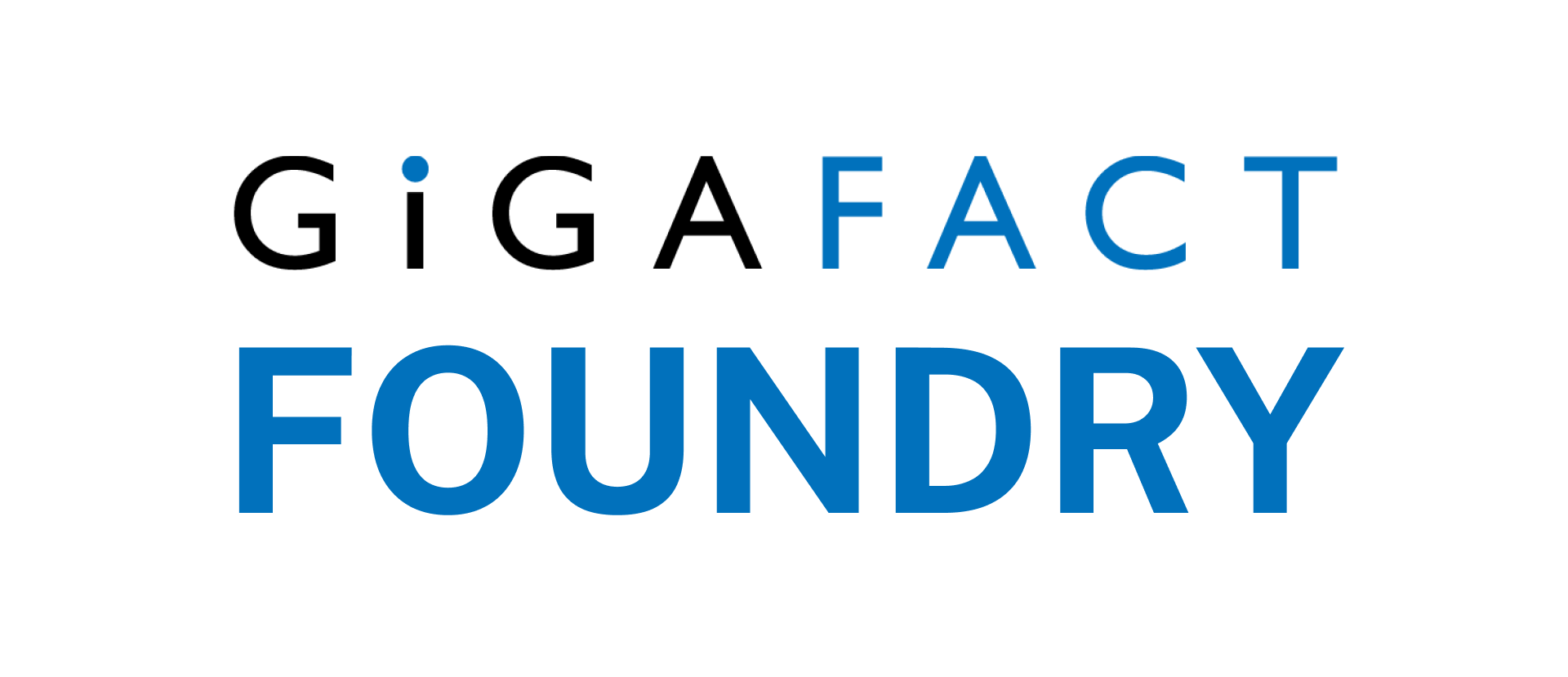Wednesday, Jul. 27, 2022
Do many countries publicly fund elections?
Nearly 70% of 180 countries looked at by the International Institute for Democracy and Electoral Assistance provide some degree of public funding to political parties, including for elections. About 28% offer none.
The amount of public funding offered varies widely. In a 2016 selection of the 34 member countries then members of the Organization for Economic Cooperation and Development, public funding as a percentage of party income ranged from 85% in Belgium to 35% in the U.K.
In the U.S., while limited public campaign financing is available for federal and some state elections, most candidates opt out, given that private fundraising is typically more financially advantageous, according to the National Conference of State Legislatures.
Public election funding advocates such as the Brennan Center for Justice argue that strengthening public election financing would:
Reduce the political influence of private donors.Allow less wealthy and well-connected individuals to compete.Increase racial diversity among candidates.Expand voter engagement.
This fact brief is responsive to conversations such as this one.
Sources
- International Institute for Democracy and Electoral Assistance Are there provisions for direct public funding to political parties?
- Organization for Economic Cooperation and Development Financing democracy: Funding of political parties and election campaigns and the risk of policy capture
- National Conference of State Legislatures Public financing of campaigns: Overview
- Brennan Center for Justice More than Combating Corruption: The Other Benefits of Public Financing
About fact briefs
Fact briefs are bite-sized, well-sourced explanations that offer clear "yes" or "no" answers to questions, confusions, and unsupported claims circulating online. They rely on publicly available data and documents, often from the original source. Fact briefs are written and published by newsrooms in the Gigafact network.
See all fact briefs
Between 2020 and 2022, under close editorial supervision, Gigafact contracted a group of freelance writers and editors to test the concepts for fact briefs and provide inputs to our software development process. We call this effort Gigafact Foundry. Over the course of these two years, Gigafact Foundry writers published over 1500 fact briefs in response to claims they found online. Their important work forms the basis of Gigafact formats and editorial guidelines, and is available to the public on Gigafact.org. Readers should be aware that while there is still a lot of relevant information to be found, not all fact briefs produced by Gigafact Foundry reflect Gigafact's current methods and standards for fact briefs. If you come across any that you feel are out of date and need to be looked at with fresh eyes, don't hesitate to contact us at support@gigafact.org.
Learn MoreLatest Fact Briefs
Is there a scientific consensus that life begins at conception?
Thursday, Aug. 4, 2022
Do countries around the world subsidize fossil fuels?
Wednesday, Aug. 3, 2022
Is the repeal of Roe v. Wade expected to increase the maternal death rate?
Wednesday, Jul. 27, 2022
